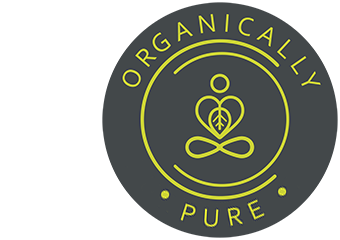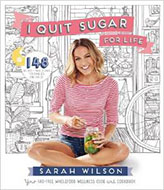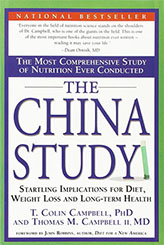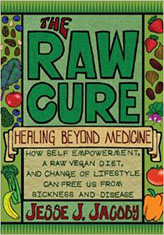The choice between organic and conventional food has always been debated based on cost, taste, nutrients etc
However, the choice to go organic should be a personal decision, based on your requirements. Organic choices effect the environment, wildlife, farm animals and farm workers, the taste of food, the nutrient density of food, and our general health.
A recent study published in The British Journal of Nutrition 2014 looked at 343 studies into the compositional differences between organic and conventional crops, this found that switching to eating organic fruits and vegetables would provide the consumer with additional antioxidants, equivalent to that of eating an extra 1-2 portions of fruit and vegetables per day. This study contradicts an earlier, much smaller study undertaken in 2009 by the UK Food Standards Agency; this study concluded that there was no substantial difference of significant benefit from organic food.
The longest running side-by-side American study, started in 1981 and ran for 30 years; and was undertaken by the Rodale Institute looking at the comparison of organic and chemical agriculture. This study looked at the cost of producing such foods, in terms of soil health, yields, economics, energy and human health. The study concluded that organic farming outperformed conventional farming, this was the conclusion:
- Organic yields matched conventional yields
- Organic outperforms conventional in years of drought
- Organic systems build rather than deplete soil organic matter, making it a more sustainable system
- Organic farming uses 45% less energy and is more efficient
- Conventional systems produce 40% more greenhouse gases
- Organic farming systems are more profitable than conventional
Although, conventionally produced foods are said to be safe for human consumption, there is little known of the long term effect of our low-level exposure to pesticides. The herbicides, insecticides and fungicides used in conventional farming are by name, definition, and purpose designed to kill. Organic food production, on the other hand uses no such chemicals, which makes it incomparably safer to consume.
There are over 17,000 pesticides currently on the market. Exposure to these chemicals has been linked to brain/central nervous system disruption, breast, colon, lung, ovarian, pancreatic, kidney, testicular, and stomach cancer.
When the choice of organic food over conventional comes down to cost, compromise is always worth while. Choose organic versions of the foods with the highest pesticide use and residues. check out this video from Fully Raw....
While their remains debate over the nutritious benefits of organic over conventional food it is important to note that there can be no argument over the levels of pesticides that enter and pass through the body when we consume conventional food. The human body whilst very efficient at removing toxins from the body, is not designed to remove the amount of chemicals we are exposed to through modern day consumption of food, drink and our environment.
This is an great taster clip for the must see documentary 'Food Inc'.


 Articles by subject
Articles by subject Recent Articles
Recent Articles





